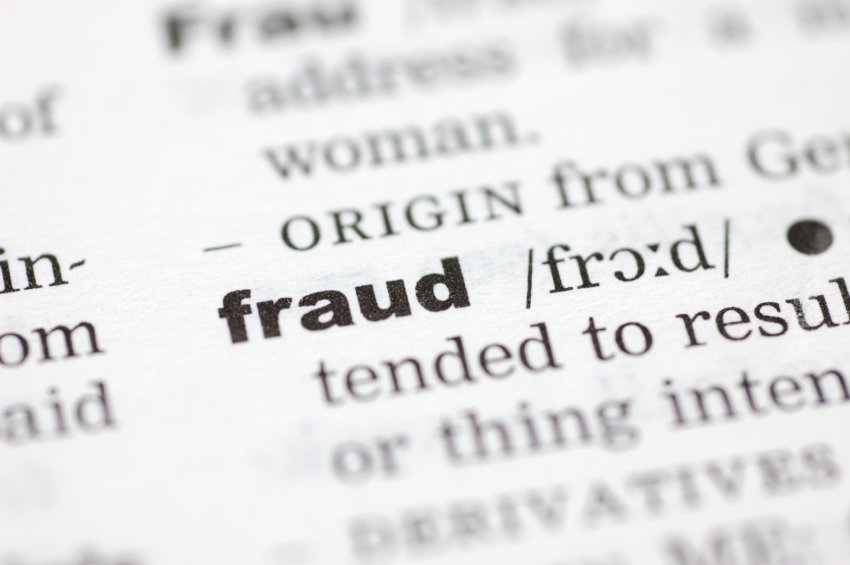
Q: You wrote in a recent column: ‘It might be a fear of accomplishing something, and being found out as a fraud.’
I would welcome your thoughts on this type of thinking. I mention this because I have felt this way before. Sometimes when I’m wrong or there are smarter people in my field around me, this feeling creeps in. I’ve met many people over the years who have expressed this thought.
Where does that feeling of ‘fraud’ come from?
A: I suspect that most children internalize the idea while still very young, i.e., that you shouldn’t be ‘arrogant’ or ‘confident’ or, as the old saying goes, ‘too big for your britches.’ In some kids, this (mercifully) doesn’t stick, but I find that with most people it does.
This misguided advice results in a grownup who feels guilty for his accomplishments. The emotional ‘logic’ goes something like this: ‘I really have no business thinking that I have accomplished so much. And sooner or later, others are going to figure this out and I’ll be exposed.’
A rational approach is needed to counter this emotion: Specifically, judging yourself objectively the same way you would a stranger. You might write down all your accomplishments and rate them the way you would another’s. If emotions start to contradict a positive self-assessment, then ask yourself, ‘Why the double standard? Why deny myself the praise and recognition I would give to another?’
You mention feeling like a fraud when you’re wrong. But being wrong doesn’t make you incompetent. Everybody is wrong sometimes. Indeed, all human reason is subject to error. Obviously, the fewer errors you make, the better. But an error does not make you incompetent, or less competent than your peers. Incompetence requires a lot more than that!
A false sense of fraudulence often arises from a wrong idea about certainty. Many people feel that a capable, certain person never makes errors. It doesn’t work this way. And errors are not a catastrophe. It’s all in how you handle errors. If you have confidence in the power of objective reasoning and thought to figure things out—despite occasional errors and corrections required—then you’ll have greater trust and confidence, both in yourself and others.
When you have confidence in yourself, you love your own mind and what it’s capable of; to love your mind you have to love the human mind at its best, i.e., when it’s thinking, creating and producing.
People with this feeling of fraud tend to view others as smarter or less vulnerable than they really are. ‘I have this weakness, but others do not.’ But how do you know that? How can you make such a generalization?
If you overemphasize your weaknesses and limitations, you’re going to feel like a fraud when you’re applauded or recognized in some way. You’ll suspect, ‘They don’t know how I really am.’ But there’s no basis in fact. As long as you’re being applauded, complimented or recognized for something that you actually did, then there’s no fraud.
Just because you’re not good at something else doesn’t take away from the goodness or greatness in your accomplishment. If you did it, then you did it. Accept the applause with quiet satisfaction. Know that you earned it. And move on to your next goal or task, confident in the knowledge that you can.
If you accomplished the thing for which you’re granted recognition despite some flaws that others don’t know about, then that’s all the more credit to you for rising above whatever problems you might have. It isn’t flawlessness that makes people great at something. Infallibility is a myth based on magical thinking. Better yet: Infallibility is not necessary. Look at all human beings have accomplished to date—from the cave to the microchip, from illiteracy to atomic physics—and ask yourself if infallibility is required for people to achieve.
It’s your strengths that make you (potentially) great. Overcoming or achieving in spite of weaknesses is itself a strength.
Be sure to “friend” Dr. Hurd on Facebook. Search under “Michael Hurd” (Rehoboth Beach DE). Get up-to-the-minute postings, recommended articles and links, and engage in back-and-forth discussion with Dr. Hurd on topics of interest.
